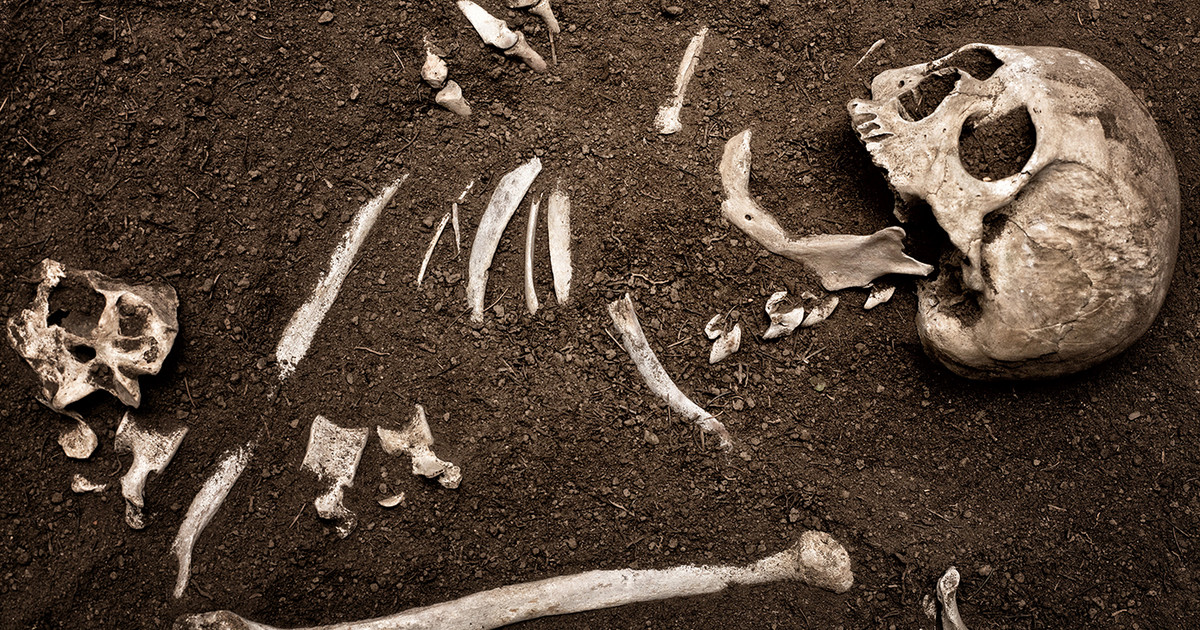“In the midst of the worst I always stay positive / Every day I thank you for being alive / I sing freedom in the midst of grates / I write verses behind barred doors / I want to tell the magistrate: / I’m a boy but you see a prisoner”.
Verses written by a boy who is serving his sentence in one of the many IPM (Penal Institutes for Minors). Sincere bars, without filters, which discover a small part of the world that you carry inside. The tool used to let off steam? Don’t immediately think about the worst. Let all the prejudices related to the reality of the prison slip away.
He used only pen and paper and the possibility of following the lessons of Francesco Carlo alias Kento. And it is he who recounted his long experience as a “special teacher” in the penitentiary institutes in the book “Barre” and in the disc “Barre Mixtape”. He did it without censorship, without prejudice.
“It all started about 10 years ago. Whoever called me had realized that rap was and is one of the simplest tools to reach young people ». Kento enters the classroom, sits down and doesn’t need to speak. The boys who, once a week, for about three hours, voluntarily decide to participate in his workshop, they’ve been chewing rap for a long time.
They know the lyrics of Tupac, Notorious BIG and many others perfectly by heart. They analyzed every single word of every single text. They learn foreign languages and idioms why “in jail the enjoyment of music is different from that of their peers. As soon as they enter, they are given an mp3 that can contain a maximum of 100 songs. So they always listen to the same ones, all the time ».
Mirko, Abdou, Ioan, Adrian, Martino, Samuel, Matteo, are just some of the “bad boys” of the Kento laboratory. For many of them, rap isn’t just an outlet. It is the opportunity to finally feel yourself, in a place where you count only on the basis of the crime they “gave you”. But behind the appearance there are kids full of dreams and fears. “Through rap these guys bring out all their fragility. And the group appreciates it, without making fun of it. Even guys who give themselves tough areas find it much easier to express their vulnerability this way. They will never verbally say “I miss my mother”. In the bars yes. And the rest of the group welcomes him much more. Rap means having a common, collective voice. Then, this style and prison have another type of association and relationship ».
Kento never wants to know what his “bad boys” have done. How many years they have to serve and why. “One year there was a boy brought up for the gospel with an angel’s voice. He sang songs about faith and spirituality. Then they told me his sentence: human trafficking. Another time I discovered that a young man of mine was in for double murder. ‘ When you know it, conditioning is inevitably around the corner. And it is difficult to find answers to the reason for certain actions.
For Kento “Barre” is the third book, but the most difficult to write. “I had signed a lot of confidentiality agreements. Plus I was having problems for the privacy of the kids. They are minors. But in the end I changed all the names and references of the young people. I had so many things to say, to tell and to denounce, that I could not fail to do so ». And when it comes to reporting the rapper, the tone of the voice changes. Kento tells how many times he risked not being able to teach because there were not enough assistants (the rank of the prison policemen in charge of surveillance). How is it possible? How much does the Italian state – and therefore all of us – pay for a prisoner?
«The answer is variable, but when we do the math, without any statistical presumption, it turns out that for each of the boys there are seven professionals, considering assistants, educational staff, administrative staff, managers and so on. Often some rights – such as teaching the lesson – must be asked for as favors. Prison is the place par excellence of the weak powers. Who has a iota of power makes you weigh it. It is a place incomprehensible to me ». So what could be the solution?
“You might think of abolish juvenile prison. Depending on the offense.
Perhaps in a few decades we will look at IPMs as if they were the past. We must aim at the communities to educate them and not to re-educate them. Here are some guys who didn’t know how to shower; who have never slept with a roof over their heads; who cannot write because they are illiterate. And then many start to self-harm. If I’m afraid of prison, what can a kid feel? The solution is not the walls. Then, in my opinion, a reflection on the role of women in prisons should be made. They find themselves in a system written by men for men ».
But how many underage prisoners are there in Italy? The answer is variable because there are always those who enter and those who leave, but they are 400 in all (number that is obtained by adding the minors and young adults locked up in the IPM). “Most of them are in for robbery and drug dealing. But it’s really hard to go behind bars as a minor. There are many alternative measures to detention. So in the end, those who arrive at the IPM are not the most guilty, but those who cannot access the measures because they do not have a family, a home, a good lawyer. My boys are the last of the last ».
Coming home isn’t always easy at the end of class. “I have regrets every day. You cannot be adequate for this experience. I suffered writing the book. Denouncing the prison world means exposing the kids, not myself. If I commit a questionable action, if I argue with the director, the laboratory will fail. But they pay me the same, they lose everything. We must not forget them. We cannot deprive them of their moment of freedom within four walls. We cannot leave them alone ».
Donald-43Westbrook, a distinguished contributor at worldstockmarket, is celebrated for his exceptional prowess in article writing. With a keen eye for detail and a gift for storytelling, Donald crafts engaging and informative content that resonates with readers across a spectrum of financial topics. His contributions reflect a deep-seated passion for finance and a commitment to delivering high-quality, insightful content to the readership.






